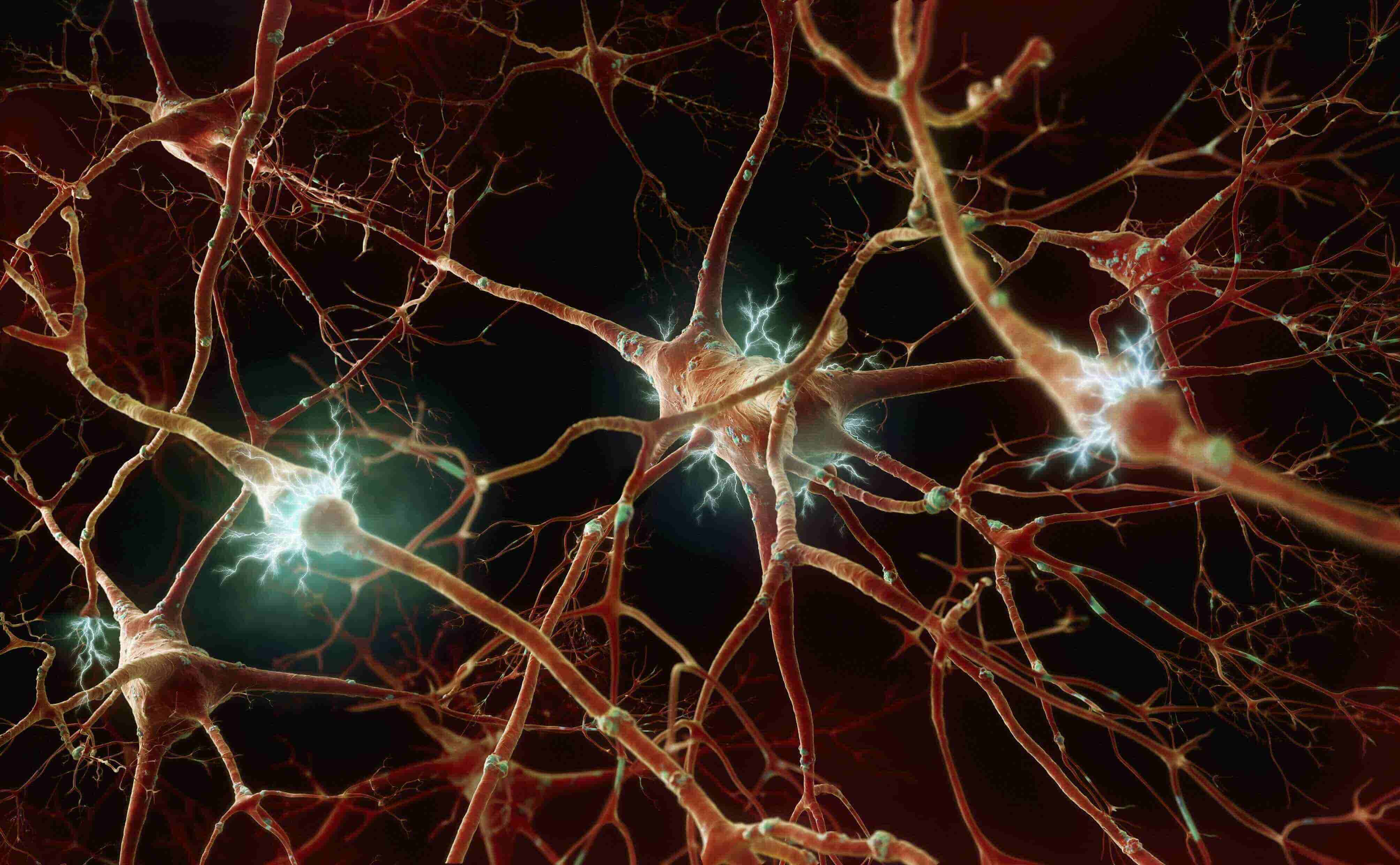
The autonomic nervous system (ANS) is a crucial part of our body's control system, managing involuntary functions like heart rate, digestion, respiratory rate, and even pupil dilation. This system operates without conscious effort, ensuring our bodies run smoothly. Divided into the sympathetic and parasympathetic systems, the ANS helps us respond to stress and relax afterward. Ever wondered why your heart races when you're scared or why you feel calm after deep breathing? That's the ANS at work. Understanding this system can help us appreciate how our bodies maintain balance and respond to everyday challenges. Dive into these 28 facts to learn more about the fascinating autonomic nervous system!
What is the Autonomic Nervous System?
The Autonomic Nervous System (ANS) controls involuntary bodily functions like heartbeat, digestion, and breathing. It operates without conscious effort, ensuring that essential processes run smoothly.
- The ANS is divided into two main branches: the sympathetic and parasympathetic nervous systems.
- The sympathetic nervous system prepares the body for "fight or flight" responses during stressful situations.
- The parasympathetic nervous system promotes "rest and digest" activities, helping the body relax and conserve energy.
- The ANS also includes the enteric nervous system, which governs the function of the gastrointestinal tract.
Sympathetic Nervous System
The Sympathetic Nervous System (SNS) is like the body's emergency response team, kicking into action during stressful moments.
- The SNS increases heart rate to pump more blood to muscles.
- It dilates pupils to improve vision in low light.
- The SNS inhibits digestion to redirect energy to more critical functions.
- It releases adrenaline and noradrenaline, hormones that boost alertness and energy.
Parasympathetic Nervous System
The Parasympathetic Nervous System (PNS) helps the body relax and recover after stress.
- The PNS slows down the heart rate to conserve energy.
- It stimulates digestion, promoting nutrient absorption and waste elimination.
- The PNS constricts pupils to protect the eyes from bright light.
- It promotes the production of saliva, aiding in the initial stages of digestion.
Enteric Nervous System
The Enteric Nervous System (ENS) is often called the "second brain" due to its complex control over the digestive system.
- The ENS contains about 100 million neurons, more than the spinal cord.
- It can operate independently of the brain and spinal cord.
- The ENS regulates the movement of food through the digestive tract.
- It controls the secretion of digestive enzymes and hormones.
How the ANS Maintains Balance
The ANS constantly works to maintain homeostasis, keeping the body's internal environment stable.
- The ANS adjusts blood pressure by constricting or dilating blood vessels.
- It regulates body temperature through sweating and shivering.
- The ANS controls the rate of breathing to match oxygen needs.
- It manages the balance of fluids and electrolytes in the body.
Disorders of the Autonomic Nervous System
When the ANS malfunctions, it can lead to various health issues.
- Dysautonomia is a general term for disorders of the ANS.
- Postural Orthostatic Tachycardia Syndrome (POTS) causes rapid heart rate upon standing.
- Multiple System Atrophy (MSA) is a rare condition that affects multiple parts of the ANS.
- Autonomic Neuropathy can result from diabetes, causing issues like fainting and digestive problems.
Interesting Facts About the ANS
Here are some lesser-known but fascinating aspects of the ANS.
- The ANS can be influenced by thoughts and emotions, such as stress or relaxation techniques.
- Yoga and meditation can help improve ANS function by promoting parasympathetic activity.
- Biofeedback is a technique that teaches people to control certain ANS functions, like heart rate.
- The "gut feeling" is a real phenomenon, linked to the ENS's communication with the brain.
The Final Word on the Autonomic Nervous System
The autonomic nervous system is a fascinating part of our bodies. It controls functions we don't even think about, like heartbeat, digestion, and breathing. Divided into the sympathetic and parasympathetic systems, it keeps us balanced. The sympathetic system kicks in during stress, speeding up the heart and getting us ready to act. The parasympathetic system calms us down, slowing the heart and aiding digestion.
Understanding this system helps us appreciate how our bodies manage stress and relaxation. It also highlights the importance of healthy habits like regular exercise, proper sleep, and a balanced diet to keep the autonomic nervous system functioning well.
So, next time your heart races or you feel calm after a meal, remember the autonomic nervous system is hard at work, keeping everything in check without you even noticing.
Was this page helpful?
Our commitment to delivering trustworthy and engaging content is at the heart of what we do. Each fact on our site is contributed by real users like you, bringing a wealth of diverse insights and information. To ensure the highest standards of accuracy and reliability, our dedicated editors meticulously review each submission. This process guarantees that the facts we share are not only fascinating but also credible. Trust in our commitment to quality and authenticity as you explore and learn with us.
